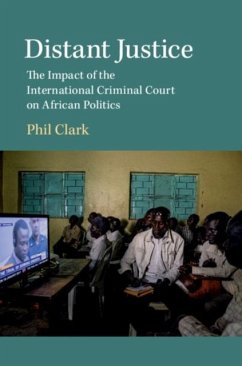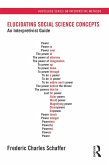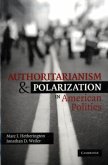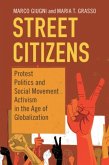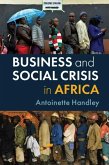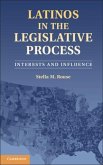There are a number of controversies surrounding the International Criminal Court (ICC) in Africa. Critics have charged it with neo-colonial meddling in African affairs, accusing it of undermining national sovereignty and domestic attempts to resolve armed conflict. Here, based on 650 interviews over 11 years, Phil Clark critically assesses the politics of the ICC in Uganda and the Democratic Republic of Congo, focusing particularly on the Court's multi-level impact on national politics and the lives of everyday citizens. He explores the ICC's effects on peace negotiations, national elections, domestic judicial reform, amnesty processes, combatant demobilisation and community-level accountability and reconciliation. In attempting to distance itself from African conflict zones geographically, philosophically and procedurally, Clark also reveals that the ICC has become more politicised and damaging to African polities, requiring a substantial rethink of the approaches and ideas that underpin the ICC's practice of distant justice.
Dieser Download kann aus rechtlichen Gründen nur mit Rechnungsadresse in A, B, BG, CY, CZ, D, DK, EW, E, FIN, F, GR, HR, H, IRL, I, LT, L, LR, M, NL, PL, P, R, S, SLO, SK ausgeliefert werden.

